What is Tongkat Ali?
 2025-08-05 09:35:44
2025-08-05 09:35:44
Tongkat Ali Tea, a wild shrub thriving in the primitive tropical rainforests near the equator in Southeast Asia, has garnered widespread attention for its unique growing environment and diverse therapeutic effects. It takes root in moist sandy soil and requires over 5 years to mature, eventually growing into a robust plant 4–6 meters tall with a trunk diameter of 8–10 cm, and in some cases, up to 15 cm. Its branches are simple and unbranched, while its leaves cluster at the top, forming an umbrella-like shape. Most impressively, the roots of Tongkat Ali penetrate up to 2 meters into the ground and possess a variety of remarkable benefits.
If you’re intrigued by Ciyuan Bio, Claim your free sample today! Need technical support for formulation or OEM/ODM solutions tailored to your brand? Reach out to us now or contact selina@ciybio.com.cn —we’re ready to collaborate.
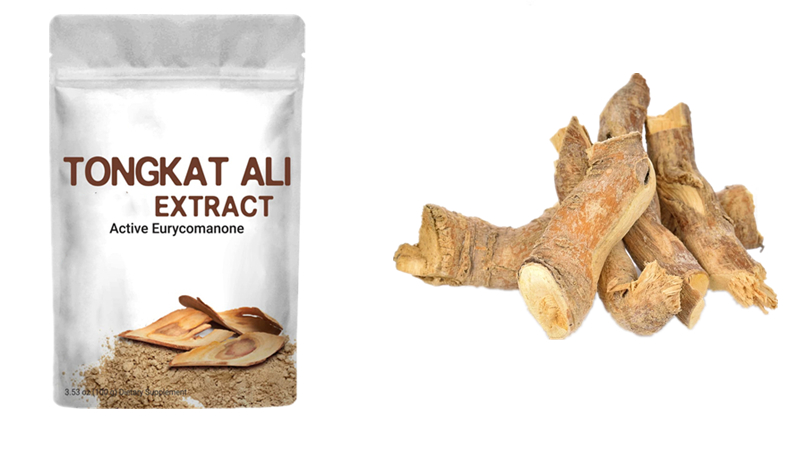
Tongkat Ali Powder Extract
Product Name: Tongkat Ali powder Extract
Item form:pouch
Specifications: Customized
MOQ: 100 bags
Packing: 100bags/carton or Customized
Certificate: ISO22000; HALAL; KOSHER; FDA
Shipping: Express;Sea; Air
Payment:TT;LC;West Union;Paypal;Alipay
Samples:1 bag free sample for test
Shelf life: 24 Months in The Cool Dry Place
All of our products can be customized with raw materials and finished products such as capsules, tablets, pills, and small packaging according to your requirements! Ciyuan can also do free design,OEM packing, and private label. Our plant extract are crafted with your unique needs and are packed with the power of plants. 100% vegan, gluten- and lactose-free.
Reach out to us and Claim your free sample today!
Legendary Stories of Tongkat Ali

In Southeast Asian folklore, there is a touching tale about Tongkat Ali. The protagonist is an elder named Muhammad Ali, who, at the age of 90, got lost while hunting and became stranded in the primitive forest. In his desperation, he accidentally consumed Tongkat Ali and miraculously regained his strength. After enduring countless hardships, he returned to his tribe, leaning on a stem of Tongkat Ali. Astonishingly, Ali, who had been absent for months, appeared much younger, and his ailments had magically vanished. He shared his experience with his tribespeople and led them to harvest and consume Tongkat Ali, thus initiating the widespread use of this extraordinary plant in the region.
During Malaysia’s 19th-century struggle against British colonial rule, Tongkat Ali—revered as a "sacred medicine"—played a vital role. In the swampy, miasma-filled mountains, Mat Kilau, a Malaysian anti-British hero who evaded British pursuit and waged guerrilla resistance, is said to have relied on this magical plant to heal his body and mind. He ultimately lived to the age of 124, a truly remarkable feat.
Tongkat Ali, a wild shrub native to the equatorial tropical rainforests of Southeast Asia, is celebrated for its unique medicinal value. With a maturity period typically exceeding 5 years, and due to its rarity and difficulty in artificial cultivation, it has been designated a national protected plant in Malaysia since 2001. Alongside bird’s nest and tin products, it ranks among Malaysia’s three national treasures.
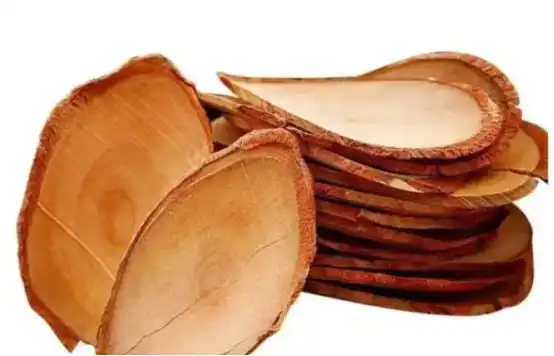
This wild shrub, thriving in Southeast Asian rainforests, contains precious medicinal properties throughout its entire structure, with its roots in particular hailed as a "cure for all ailments." For centuries, this magical medicinal herb has been traditionally used in rural Southeast Asian communities, either alone or as a key ingredient in herbal formulas, earning deep trust from local people.

Effects and Benefits of Tongkat Ali
Tongkat Ali offers a range of effects, including nourishing the kidneys, invigorating the spleen, inhibiting uric acid, aiding in the treatment of prostatitis, and providing antioxidant support. It should be used under the guidance of a professional doctor.
Nourishing the kidneys and invigorating the spleen:
Tongkat Ali may stimulate testosterone secretion, enhance kidney function, and strengthen the kidneys’ detoxification processes. It may help improve fertility rates, support reproductive health, and enhance renal excretory function.
It has spleen-invigorating properties, which can boost appetite and improve digestive system function.
Inhibiting uric acid:
Tongkat Ali may regulate the body’s endocrine system, thereby inhibiting uric acid synthesis. This prevents uric acid from crystallizing and depositing in cartilage, joints, and other tissues, promotes uric acid excretion, and may help alleviate gout symptoms.
Assisting in prostatitis treatment:
Tongkat Ali is believed to have therapeutic effects on male prostatitis. It may promote blood circulation, enhance metabolism, and contains antibacterial and anti-inflammatory compounds that help address prostatitis.
Antioxidant activity:
Tongkat Ali contains antioxidants that help combat free radicals, reduce oxidative stress, and exert positive effects on overall health.
Improving energy and endurance:
It may help enhance physical endurance, reduce fatigue, and boost overall vitality.
Clearing heat, promoting diuresis, and relieving jaundice:
Tongkat Ali is considered cool in nature, with heat-clearing and malaria-relieving properties, making it suitable for conditions like fever and malaria.
It may also assist in alleviating symptoms of jaundice and dysentery.
Identifying Authentic Tongkat Ali
Genuine Tongkat Ali originates from Malaysia, characterized by a premium golden hue. However, the market is often flooded with "Tongkat Ali" from Vietnam, Indonesia, and other regions, which are typically not true Malaysian Tongkat Ali but rather similar Simaroubaceae plants. Not all Tongkat Ali possesses medicinal value—only those with a trunk diameter exceeding 6 cm are considered medicinally effective. Such specimens usually require a growth cycle of over 20 years, with larger diameters commanding higher prices.
Authentic Tongkat Ali, when fresh, exhibits a pale red or light yellow color, with a natural, uniform hue that is never artificially dyed. It emits a subtle ginseng-like aroma. When tasted, a stronger bitterness indicates higher potency. When steeped in water, the liquid turns pale yellow, with a taste that is bitter yet slightly sweet. These characteristics help accurately identify high-quality Tongkat Ali. Whether chewed directly or steeped, genuine Tongkat Ali releases a bitter flavor accompanied by a faint ginseng scent.
Conclusion

The significance of Tongkat Ali extends beyond its practical value—it embodies the wisdom of "harmonious coexistence between humans and nature." In Malaysia’s rainforests, every plant is a link in the ecosystem, and through centuries of practice, indigenous communities have found ways to live in harmony with nature.
If you are interested in Tongkat Ali or wish to try it as a health option, it is advisable to first understand your own physical condition, purchase through legitimate channels, and maintain rational expectations. Health is never the result of a single product but a combination of awareness, habits, and choices.
Potential Adverse Effects of Tongkat Ali
As a traditional herbal medicine, Tongkat Ali does not have absolute "maximum harms," but improper use may lead to various adverse effects, including gastrointestinal discomfort, endocrine disturbances, increased burden on the liver and kidneys, allergic reactions, and interference with drug efficacy. The details are as follows:
1. Causing Gastrointestinal Discomfort
Tongkat Ali is relatively cool in nature. Direct or excessive consumption can easily irritate the gastrointestinal tract, potentially leading to symptoms such as nausea, vomiting, and diarrhea. This is particularly harmful to individuals with inherently weak gastrointestinal function, as its components may irritate the gastrointestinal mucosa and disrupt normal digestive processes.
2. Interfering with Endocrine Function
Tongkat Ali contains certain active ingredients that may affect the body’s endocrine system. For men, long-term excessive consumption may disrupt the normal secretion and metabolism of androgens in the body, leading to hormonal imbalances and issues such as changes in libido. For women, it may affect the menstrual cycle, causing irregular menstruation.
3. Increasing Burden on Liver and Kidneys
After entering the body, Tongkat Ali needs to be metabolized by organs such as the liver and kidneys. Long-term or excessive use will 加重 (increase) the workload of these organs. For individuals with pre-existing liver or kidney dysfunction, this may further damage liver and kidney function, impairing their normal detoxification and metabolic processes.
4. Triggering Allergic Reactions
Some people may be allergic to certain components in Tongkat Ali. After consumption, they may experience allergic symptoms such as skin itching, rashes, and erythema. In severe cases, it may even cause respiratory edema, leading to difficulty breathing and threatening life health. Allergic reactions are related to an individual’s specific constitution.
5. Interfering with Drug Efficacy
If taking other medications, Tongkat Ali may interact with them. For example, when taken with antihypertensive drugs, it may enhance the blood pressure-lowering effect, leading to hypotension. When used with hypoglycemic drugs, it may cause blood sugar to drop too low, disrupting the normal treatment process of diseases.
References:

a. Log of Rogge, published in 1851
b. Malay Pharmacopoeia, written by John Jemarat and H.W. Thomson in 1939
c. Dictionary of Economic Products of the Malay Peninsula
d. Official Indian Materia Medica, published in 1908, author A.D. Nadkarni


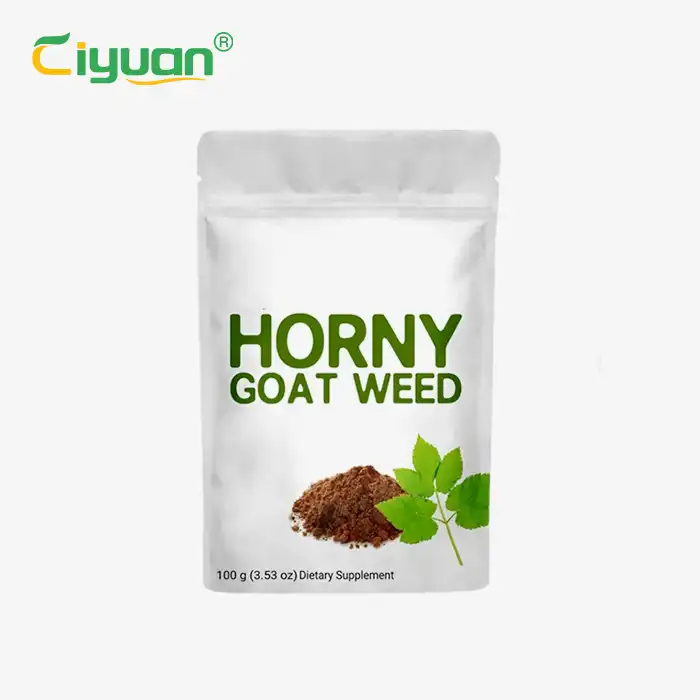
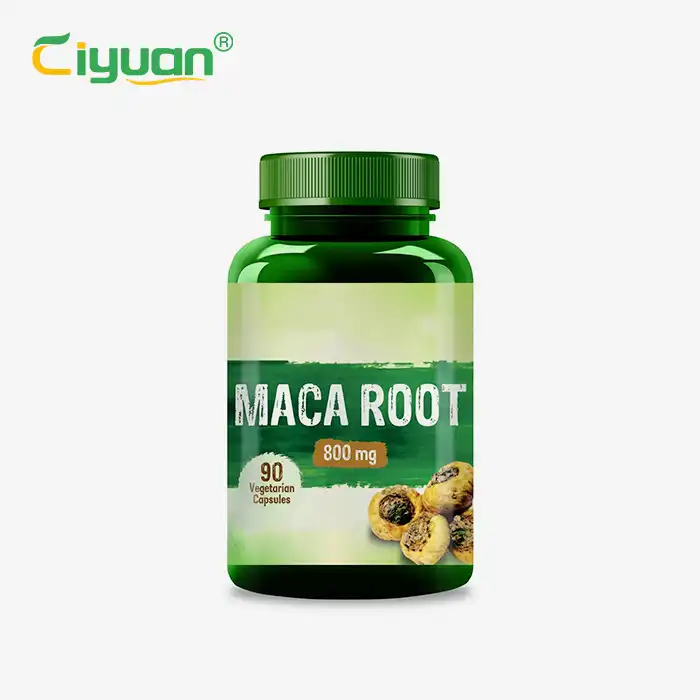
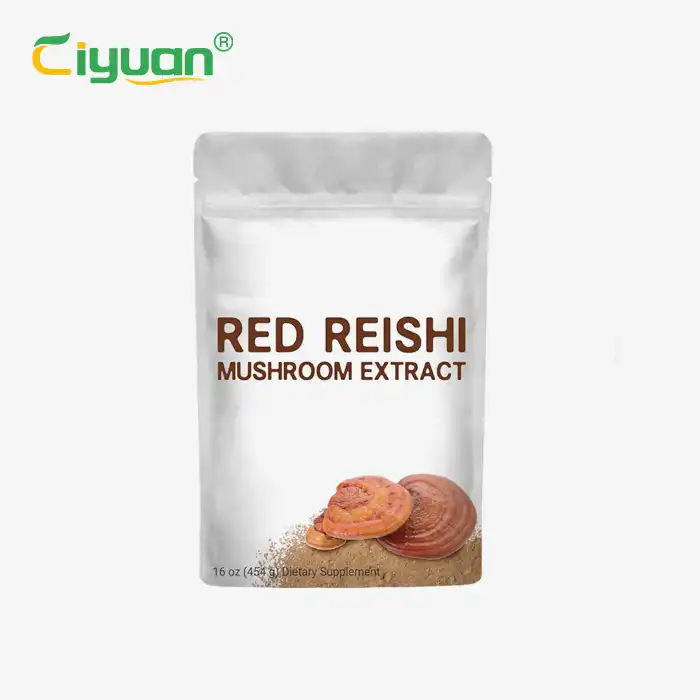





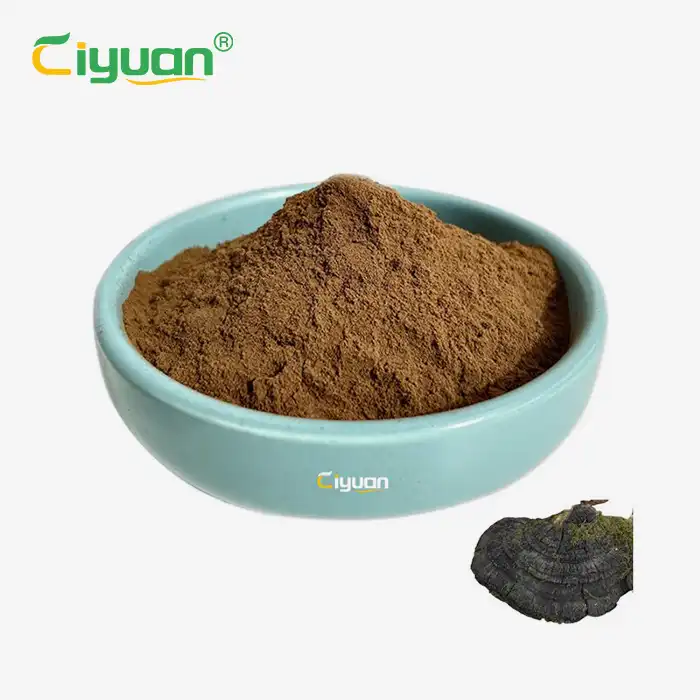
_1739968748769.webp)
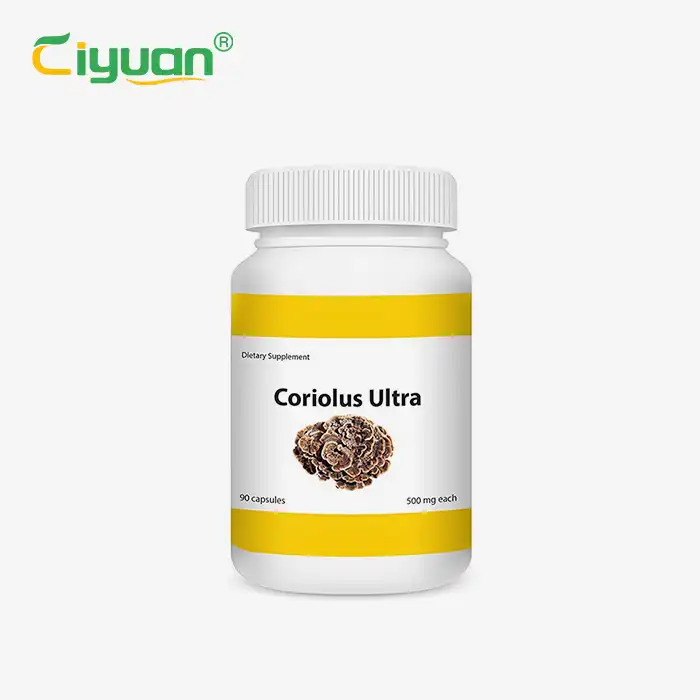
_1748590487919.webp)
_1751612952441.webp)
_1754555944052.webp)
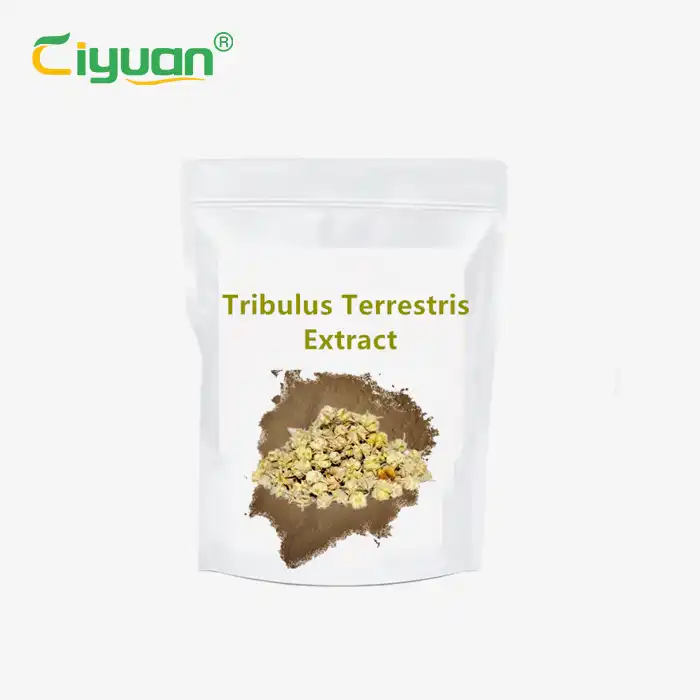
_1740476579153.webp)

